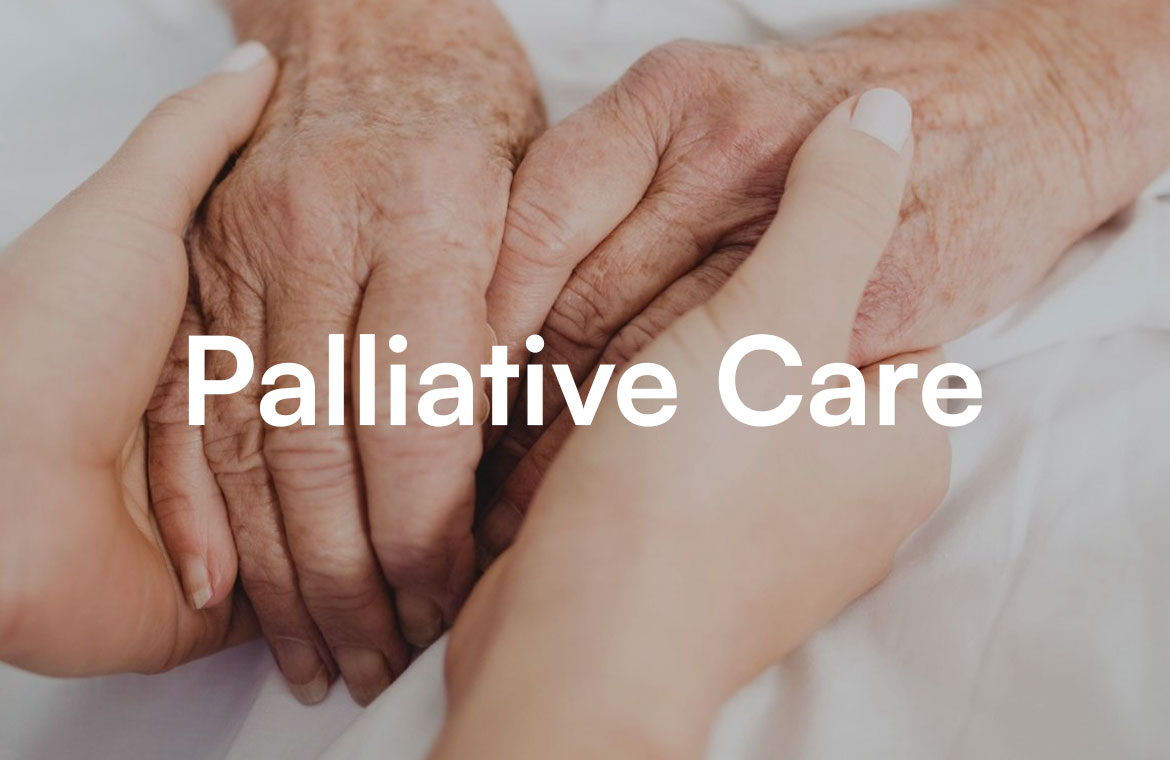World Health Day 2025 highlights the theme “Healthy Beginnings, Hopeful Futures,” emphasizing the importance of early-life health interventions in shaping lifelong well-being. The foundation of a healthy society lies in ensuring optimal maternal and child health, addressing early nutrition, promoting preventive care, and enhancing health equity.
Key Pillars of Healthy Beginnings
A strong foundation for lifelong health depends on several essential pillars. These include:
- Maternal and Child Nutrition – Ensuring adequate nourishment during pregnancy and early childhood to prevent malnutrition and deficiencies.
- Immunization and Preventive Care – Providing timely vaccines and health check-ups to protect against preventable diseases.
- Early Childhood Development – Encouraging cognitive, emotional, and social development through responsive parenting and early education.
- Healthcare Access and Equity – Bridging gaps in healthcare services, particularly in rural and underserved areas.
- Technology and Innovation – Leveraging digital health tools to enhance maternal and child health outcomes.
The First 1000 Days: A Critical Window
The first 1000 days of life, from conception to a child’s second birthday, represent a critical period of growth and development. Proper nutrition, immunization, and early stimulation during this phase significantly impact lifelong health.
Key Interventions:
- Maternal nutrition: Ensuring adequate intake of folic acid, iron, and essential nutrients.
- Breastfeeding: Exclusive breastfeeding for six months, followed by appropriate complementary feeding.
- Immunization: Timely administration of vaccines to prevent life-threatening diseases.
- Early childhood stimulation: Responsive parenting and cognitive stimulation to enhance brain development.
Preventing Non-Communicable Diseases from Childhood Lifestyle diseases such as obesity, diabetes, and hypertension often have roots in early childhood. Establishing healthy habits in childhood can prevent these conditions later in life.
Actionable Strategies:
- Promoting physical activity from an early age to prevent childhood obesity.
- Encouraging balanced nutrition by reducing processed food and sugary beverages.
- Implementing mental health awareness programs to address stress and emotional well-being in children and adolescents.
Strengthening Healthcare Access and Equity
To ensure a hopeful future for all, it is imperative to bridge healthcare gaps, particularly for marginalized communities.
Policy Recommendations:
- Strengthening maternal and child healthcare services in rural and underserved areas.
- Expanding school health programs to provide regular health check-ups and screenings.
- Implementing universal health coverage (UHC) to make healthcare affordable and accessible.
Role of Technology in Shaping Future Health
Digital health innovations can revolutionize healthcare delivery, particularly in resource-limited settings.
Key Technological Advancements:
- Telemedicine for remote maternal and paediatric consultations.
- Mobile health apps for tracking child growth and vaccinations.
- Artificial intelligence for early disease detection and personalized interventions.
- Mother and Child Tracking System (MCTS) to ensure timely antenatal and postnatal care.
- ANMOL (Auxiliary Nurse Midwife Online), a digital tool that enhances real-time data collection and maternal-child healthcare services.
- eSanjeevani for online OPD services, improving accessibility in rural areas.
- POSHAN Tracker to monitor child nutrition under the Poshan Abhiyaan initiative.
- Reproductive Child Health (RCH) portal for comprehensive maternal and child healthcare tracking.
- Digital Nutrition Surveillance Systems for identifying and addressing malnutrition hotspots.
Therefore, a healthy start in life lays the cornerstone for strength and lasting well-being. By investing in healthy beginnings, we are investing in a future where hope flourishes and health prevails. Together, we can build a world where every child’s journey starts with promise and leads to a lifetime of well-being. Governments, healthcare professionals, and communities must work together to ensure every child receives the best possible beginning. Investing in early-life health today guarantees healthier generations tomorrow.
On this World Health Day 2025, let us commit to promote healthy beginnings for hopeful futures! 🌍💙
References
- World Health Organization. The importance of early childhood development. WHO; 2023. Available from: https://www.who.int/news/item/29-06-2023-new-report-calls-for-greater-attention-to-children-s-vital-first-years
- Early childhood nutrition and development: A global perspective. UNICEF; 2024. Available from: https://www.unicef.org/nutrition/early-childhood-nutrition
- National Institute of Health. The first 1000 days: Critical for childhood and lifelong health. NIH; 2023. Available from: https://nihrecord.nih.gov/2023/02/03/stress-adversity-early-life-have-impact-across-lifespan
- Lancet Commission. The role of digital health in improving maternal and child health outcomes. Lancet; 2024. Available from: https://www.thelancet.com/article/S0140-6736%2821%2901824-9/fulltext




